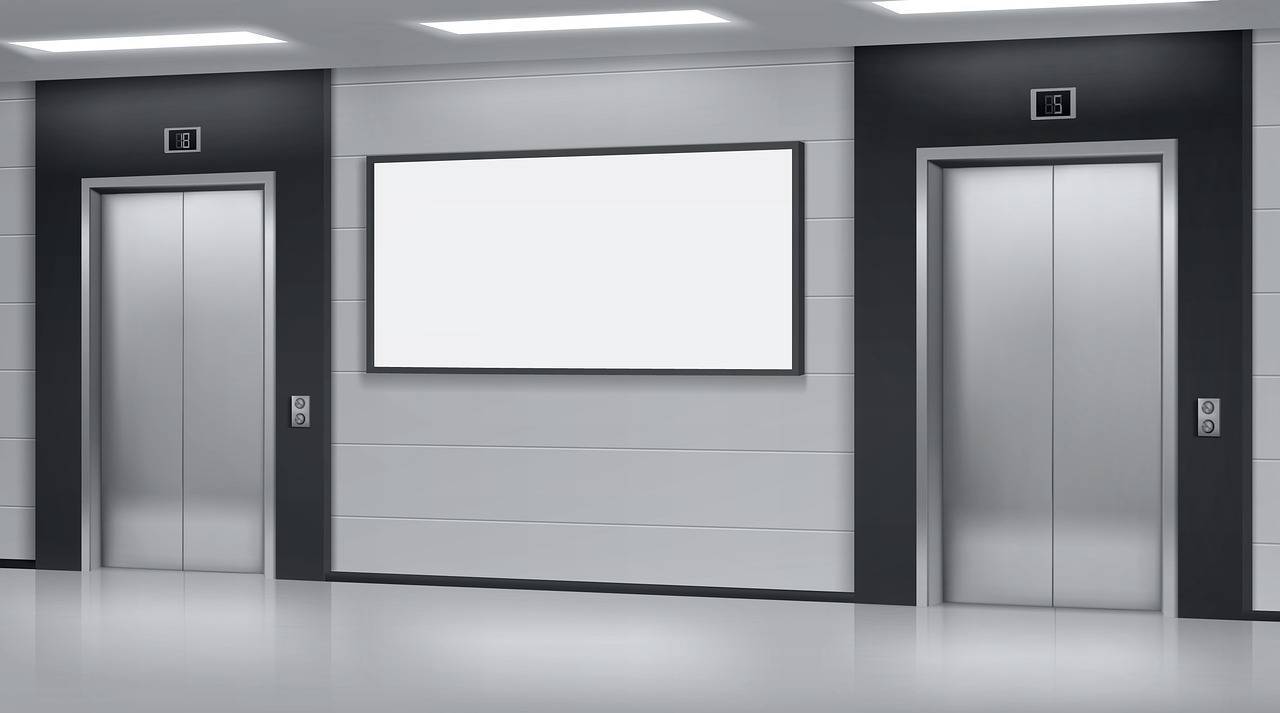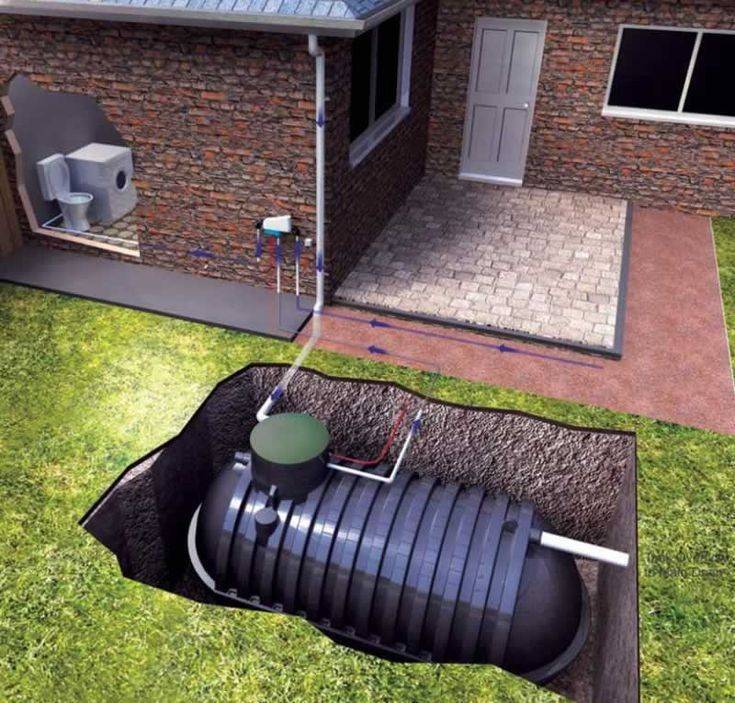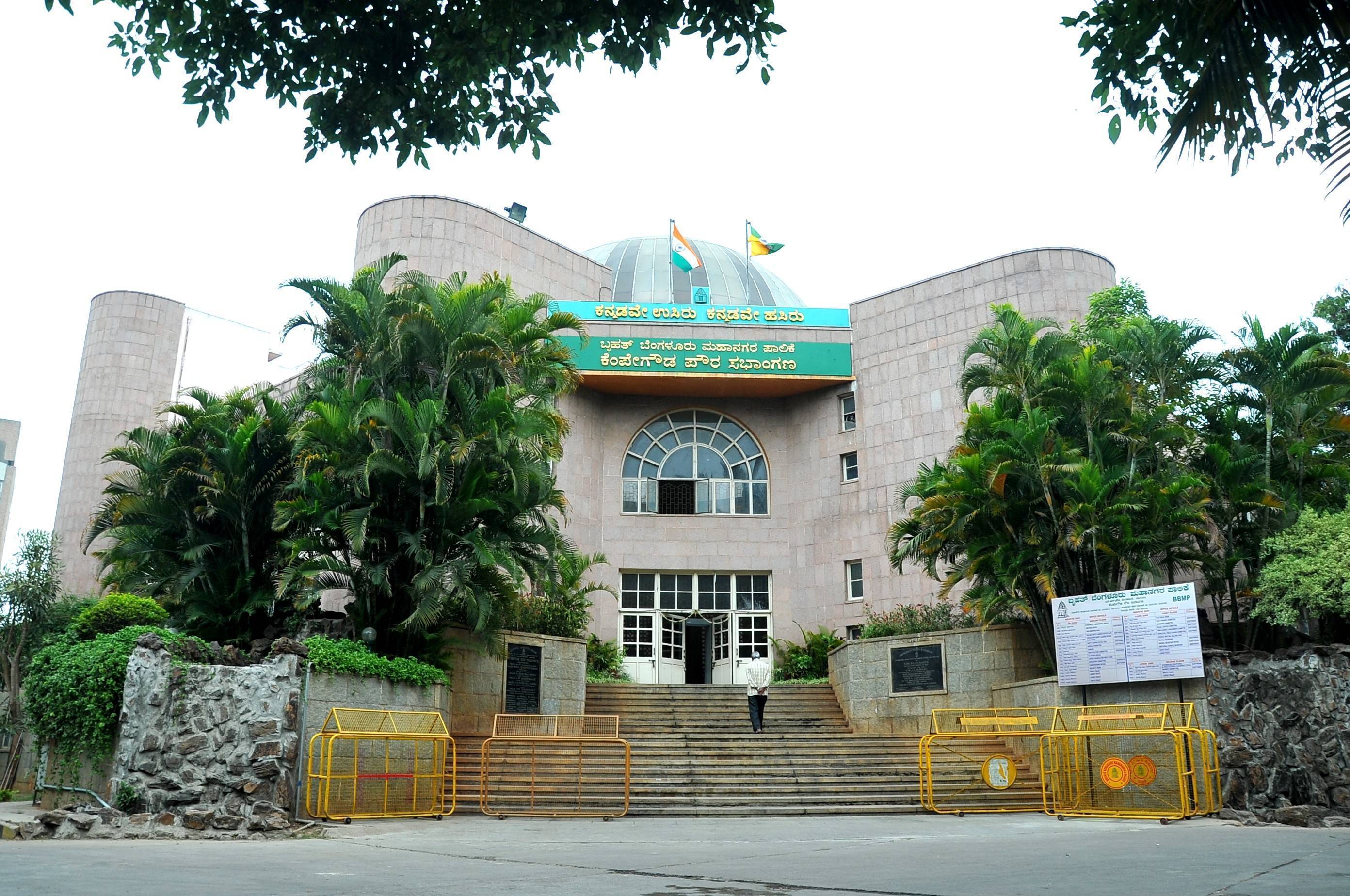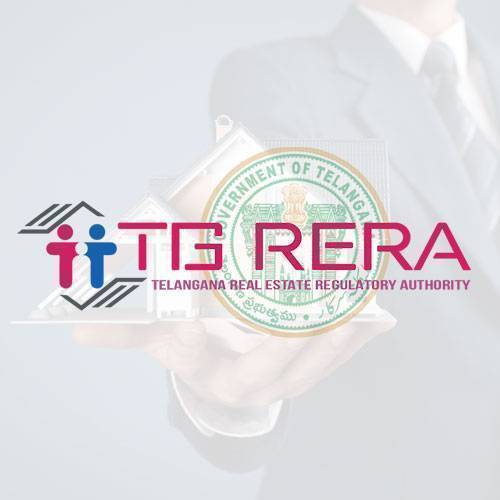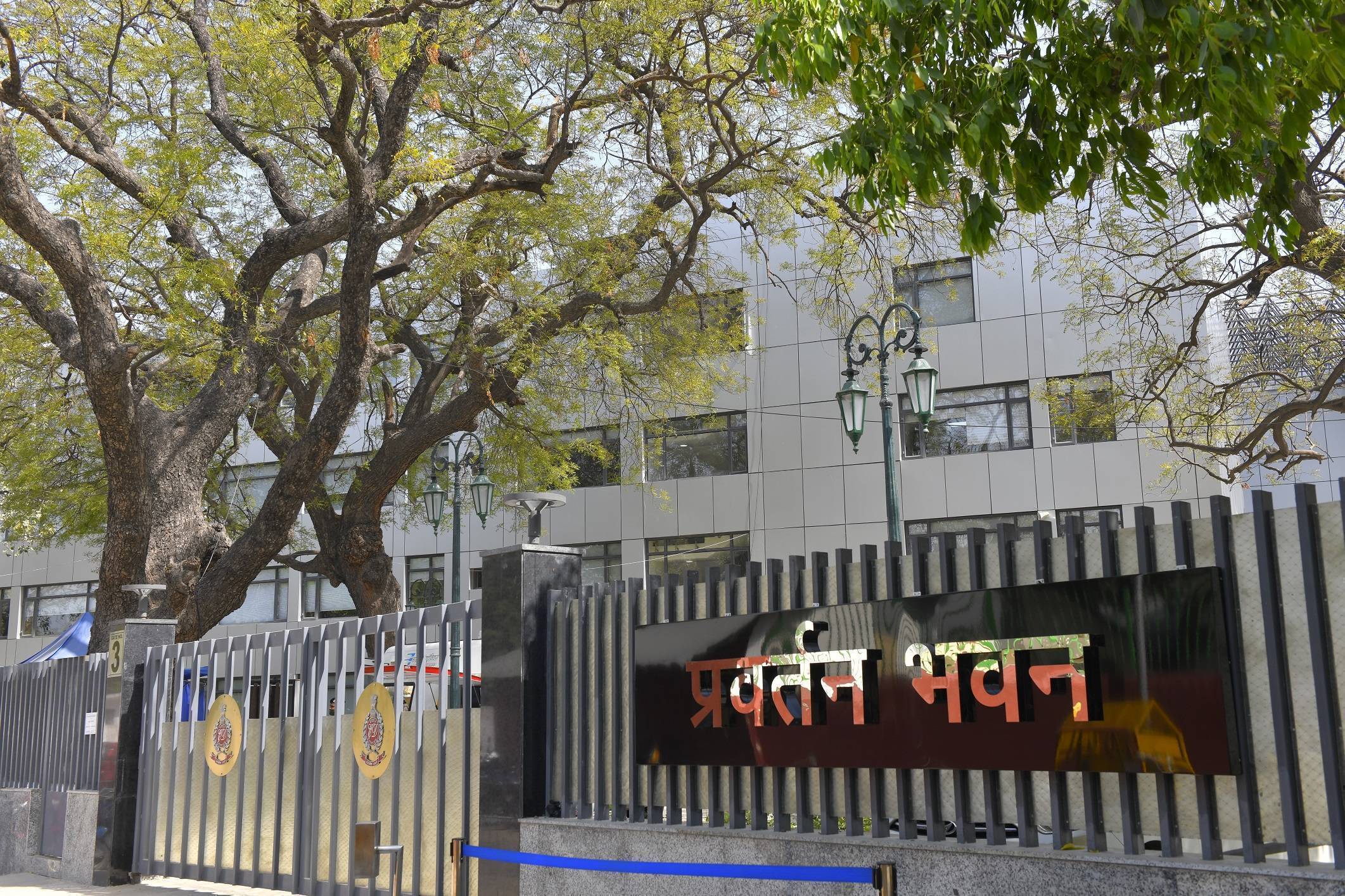In a significant move to enhance public safety, the Bihar Assembly has passed the Bihar Lift and Escalator Bill, 2024. This comprehensive legislation mandates the registration, regular inspections, and stringent safety standards for lifts and escalators in multi-storied buildings across the state. The bill aims to prevent accidents and ensure the safety of building occupants, addressing the increasing number of high-rise constructions in Bihar.
Key Provisions of the Bill
Mandatory Registration: One of the central aspects of the Bihar Lift and Escalator Bill, 2024, is the mandatory registration of all existing and new lifts and escalators. This applies to installations in multi-storied buildings, commercial complexes, hospitals, and hotels. The registration process requires a fee of ₹10,000 to be paid to the Electrical Inspectorate. This step is designed to maintain a comprehensive database of all lift and escalator installations, facilitating better monitoring and safety compliance.
Regular Inspections: To ensure that all lifts and escalators adhere to the prescribed safety standards, the bill mandates regular inspections every three years. These inspections are crucial for identifying and rectifying potential safety hazards, thus preventing accidents and ensuring the operational integrity of these machines. The inspections will be carried out by certified professionals who will evaluate the condition and safety features of each lift and escalator, ensuring they meet the required standards.
Operational Lifespan: The bill sets a maximum operational lifespan of 20 years for lifts and escalators. This provision ensures that outdated and potentially unsafe equipment is systematically phased out and replaced with newer, safer technology. It addresses the risks associated with aging machinery, which can often lead to mechanical failures and accidents. By setting an operational limit, the bill promotes the adoption of modern, more reliable systems, thereby enhancing overall safety.
Penalties for Non-Compliance: To enforce compliance with the new regulations, the bill includes strict penalties for violators. Those who fail to adhere to the registration and inspection requirements or who operate lifts and escalators beyond their prescribed lifespan face severe consequences. Penalties include imprisonment of up to three months and a fine of ₹50,000. These stringent measures underscore the government's commitment to public safety and act as a deterrent against negligence and non-compliance.
Insurance Coverage: Another significant provision of the bill is the mandatory third-party insurance for all lifts and escalators. This insurance is intended to cover medical expenses and financial losses in the event of an accident. By ensuring that insurance coverage is in place, the bill provides an additional layer of protection for users, mitigating the financial impact of any incidents that may occur. This requirement also promotes accountability among building owners and maintenance providers.
Addressing Safety Concerns
The enactment of the Bihar Lift and Escalator Bill, 2024, is a proactive measure addressing the growing safety concerns in the state’s construction sector. With the rise of multi-storied buildings, there has been an increasing reliance on lifts and escalators. However, the lack of stringent regulations has led to several accidents, underscoring the need for a robust legislative framework.
By mandating registration and regular inspections, the government aims to create a safer environment for the public. The introduction of third-party insurance further ensures that victims of any potential accidents are adequately compensated. These measures collectively aim to reduce the occurrence of accidents and enhance the overall safety of lift and escalator operations in the state.
The legislation also emphasizes the importance of maintenance and timely upgrades of lift and escalator systems. Regular inspections and the 20-year operational lifespan limit compel building owners and maintenance companies to prioritize the upkeep of these systems. This focus on maintenance is crucial, as well-maintained lifts and escalators are less likely to fail and cause accidents.
Impact on the Construction Sector
The implementation of the Bihar Lift and Escalator Bill, 2024, is expected to have a significant impact on the construction sector in Bihar. Builders and developers will need to ensure that their projects comply with the new regulations, which may involve additional costs related to registration, inspections, and insurance. However, these costs are justified by the enhanced safety and reliability of lift and escalator systems.
The new legislation also places a greater responsibility on maintenance companies to keep lifts and escalators in optimal working condition. Regular inspections will likely lead to increased demand for maintenance services, creating opportunities for businesses in this sector. Overall, the bill is poised to elevate safety standards within the construction industry, fostering greater trust among residents and users of high-rise buildings.
In addition to improving safety, the bill may also influence the design and construction of new buildings. Architects and builders might need to consider the stringent safety requirements from the outset, integrating state-of-the-art lift and escalator systems into their designs. This proactive approach can help prevent future compliance issues and enhance the overall quality of new constructions.
Enhancing Public Confidence
One of the significant outcomes of the Bihar Lift and Escalator Bill, 2024, is the potential boost in public confidence regarding the safety of lifts and escalators. With mandatory registration, regular inspections, and insurance coverage, the public can be assured that stringent measures are in place to protect their well-being. This confidence is crucial, particularly in multi-storied buildings where lifts and escalators are a necessity rather than a luxury.
Building owners and managers will also benefit from the increased trust of occupants and visitors. Compliance with the new regulations can be seen as a commitment to safety and quality, enhancing the reputation of buildings and complexes that adhere to the standards. This reputational boost can translate into higher occupancy rates and increased property values.
Challenges and Implementation
While the Bihar Lift and Escalator Bill, 2024, is a positive step towards enhancing safety, its implementation may present some challenges. Ensuring that all existing lifts and escalators are registered and inspected within the stipulated timelines will require significant administrative effort. The government may need to allocate additional resources and personnel to manage the registration and inspection processes effectively.
Furthermore, educating building owners, managers, and maintenance providers about the new regulations will be crucial. Awareness campaigns and training programs can help stakeholders understand their responsibilities and the importance of compliance. The success of the legislation will depend on the collaborative efforts of the government, building owners, maintenance companies, and the public.
Conclusion
The Bihar Lift and Escalator Bill, 2024, represents a significant advancement in public safety and regulatory oversight in Bihar’s construction sector. By mandating registration, regular inspections, and insurance coverage, the government aims to prevent accidents and ensure the safety of building occupants. The bill's stringent provisions and penalties underscore the importance of compliance and accountability.
Image source- pixabay.com

